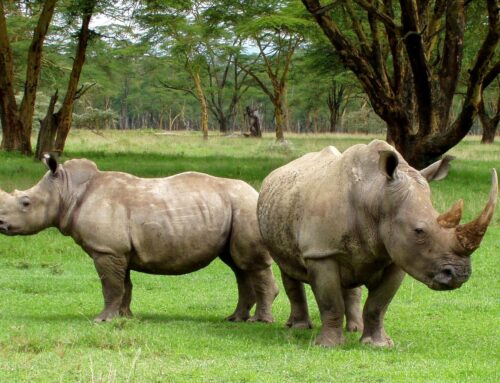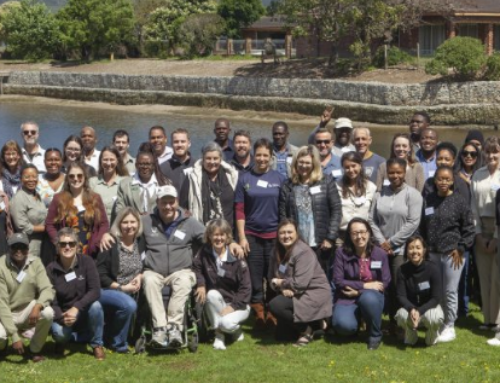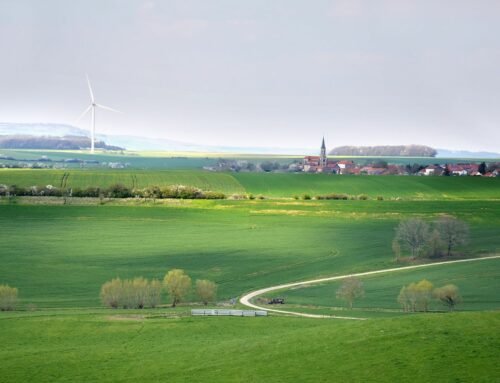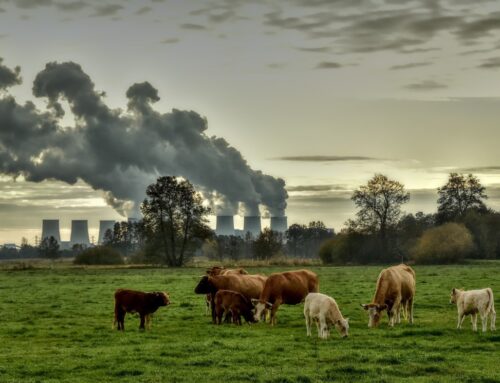The Southern African Programme on Ecosystem Change and Society (SAPECS) held its first colloquium on the ‘Frontiers of Social-Ecological Research’ in Cape Town, South Africa, on the 15th and 16th of April this year. The SAPECS colloquium brought together almost 100 researchers, students, and practitioners interested in the study and management of social-ecological systems and ecosystem services in southern Africa. Set in the beautiful Kirstenbosch Botanical Gardens, the colloquium was organized around the following six SAPECS research themes:
- Links between ecosystem services and human well-being, with an emphasis on poverty and inequality;
- How governance and management institutions and practices affect social-ecological systems, including the capacity for learning and transformation;
- Potential traps and transformations in the structure and dynamics of social-ecological systems, and the consequences of different trajectories of development for human well-being;
- Cross-scale connections that impact the structure and dynamics of social-ecological systems at different scales;
- Transdisciplinary modes of collaborative research and training; and
- Mainstreaming and communication of social-ecological research.
Keynote speakers included Brian Walker (CSIRO, Australia), Katrina Brown (University of Exeter, UK), Garry Peterson (Stockholm Resilience Centre, Sweden) and Marja Spierenburg (VU Amsterdam, The Netherlands). A wide variety of cutting-edge research was presented by a diverse collection of participants, ranging from the built environment sector to nature conservation agencies. The challenges of studying and managing complex systems of people and the environment were discussed, and opportunities for collaboration and synthesis were identified. All in all, the SAPECS colloquium clearly showcased the great interest, skill and creativity that exist in southern Africa when it comes to exploring the frontiers of social-ecological research.













